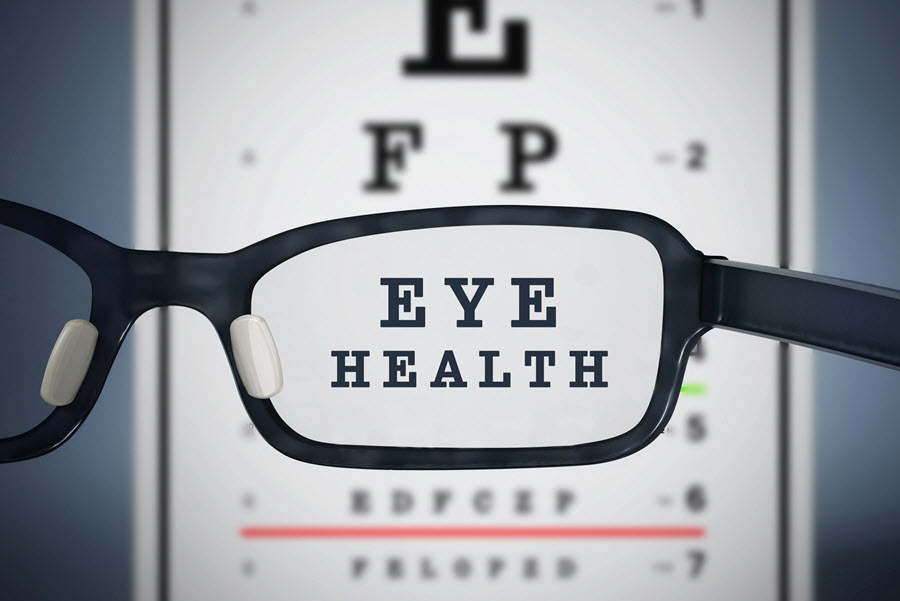Q&A with Dr. Chad: Vision Basics
Posted on January 5, 2023 in Healthy You

Seeing clearly isn’t always clear cut. You may have perfect vision, but you still need to take preventive steps to protect the long-term health of your eyes.
Here, Delta Dental of Iowa’s Dr. Chad Overman, Director of Vision Benefits, gets back to the basics of optimal eye care by answering our top vision questions below.
Q: How often should I see my eye doctor if I use corrective lenses? How often should I go if my vision is perfect?
Dr. Chad: Regardless if you have good vision, you should see your eye doctor every year. Many eye and vision issues can be detected in very early stages if you get an annual eye exam.[NG1] And, the earlier you find a problem, the easier it is to treat and correct.
Q: Why would I see an eye doctor if I don't need vision correction?
Dr. Chad: Most eye health-related issues do not initially cause pain or blurriness, so it is possible to have a health condition without even really knowing it. You may not have any vision complaints, but your eye doctor will check you for those conditions that do not cause blurriness or obvious vision problems initially.
Q: I have vision loss in my family history. What steps should I take to ensure I have healthy vision as I age?
Dr. Chad: Knowing whether you have a family history of vision loss is important, as vision loss may be inherited. The best way to preserve healthy eyesight is to schedule your yearly eye examinations with your eye doctor to monitor any vision changes you may have as you age.
Q: What happens if I wear my disposable contact lenses past the recommended timeline?
Dr. Chad: Wearing your disposable contact lenses past their recommended timeline doesn’t just make your contact lenses feel less comfortable, it also deprives your cornea (the clear layer at the front of the eye) of much-needed oxygen. The older the contact lenses are, the less oxygen passing to the cornea. This can lead to cornea swelling and eventually painful sores and/or scarring. Follow the recommended disposal schedule for your contact lenses to keep your eyes healthy.
Q: What do I need to know about the different types of eye care professionals (optometrists, ophthalmologists, opticians)?
Dr. Chad: Optometrists perform most routine eye examinations and may refer you to an ophthalmologist (a provider with advanced medical training) if you require additional treatment or surgery. Opticians will help fit you properly with glasses but do not perform eye exams.
Q: What types of vision problems warrant a call to the doctor?
Dr. Chad: Any sudden changes in vision should be reported to your eye doctor, along with flashes of light or floaters that suddenly appear. Blurriness, double vision, pain and headaches also warrant a call to your eye doctor, who will investigate further and rule out anything serious.
Q: What other advice can you share on general ways to protect the long-term health of your eyes and vision?
Dr. Chad: Every day, wear your sunglasses outdoors, keep your lids and lashes clean, limit the number of hours you look at a digital device, eat healthy foods with plenty of green, leafy vegetables and fish oil (fish oil supplements are good, too). And, each year, keep your eye appointment to ensure any issues are caught early!